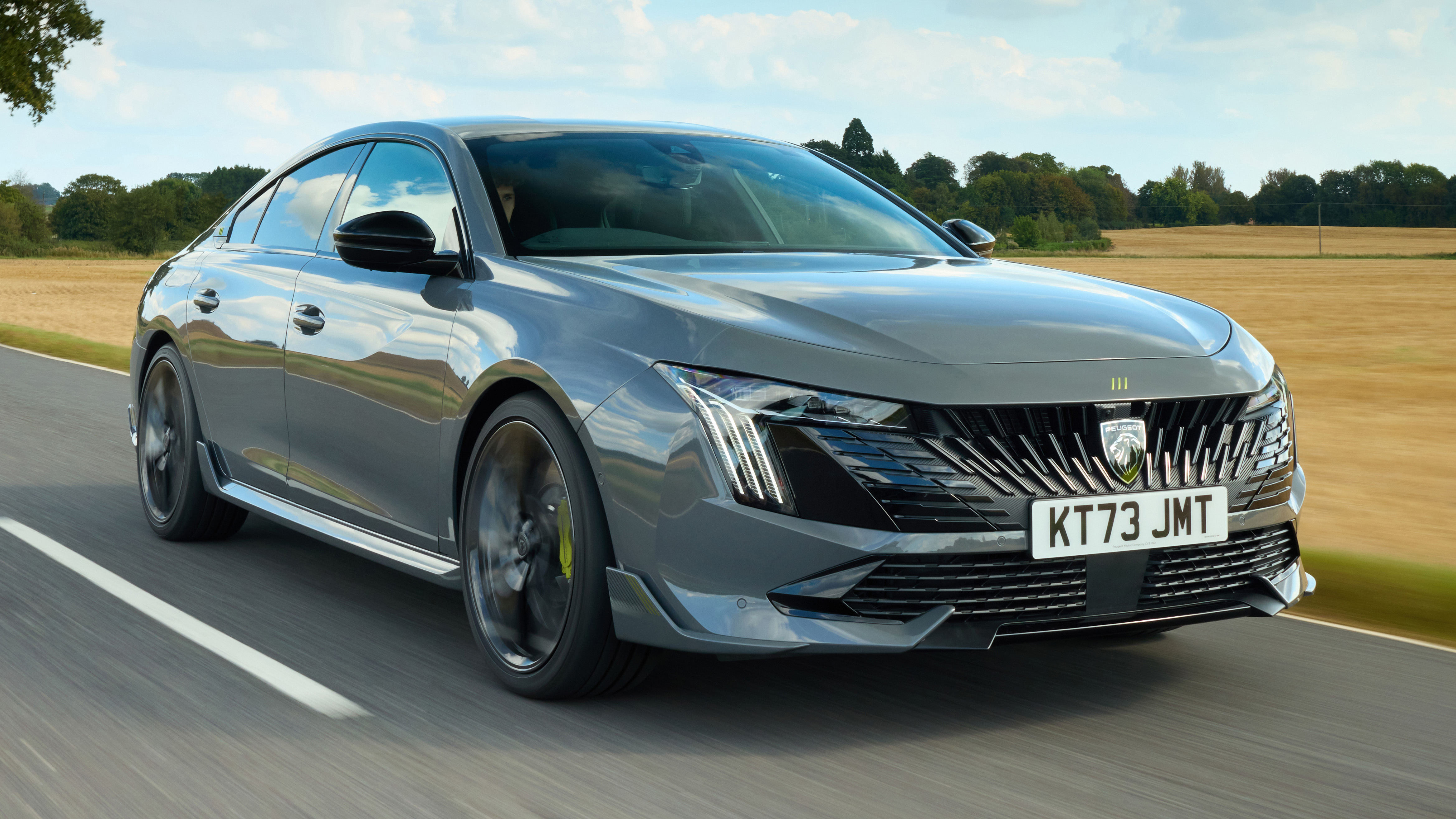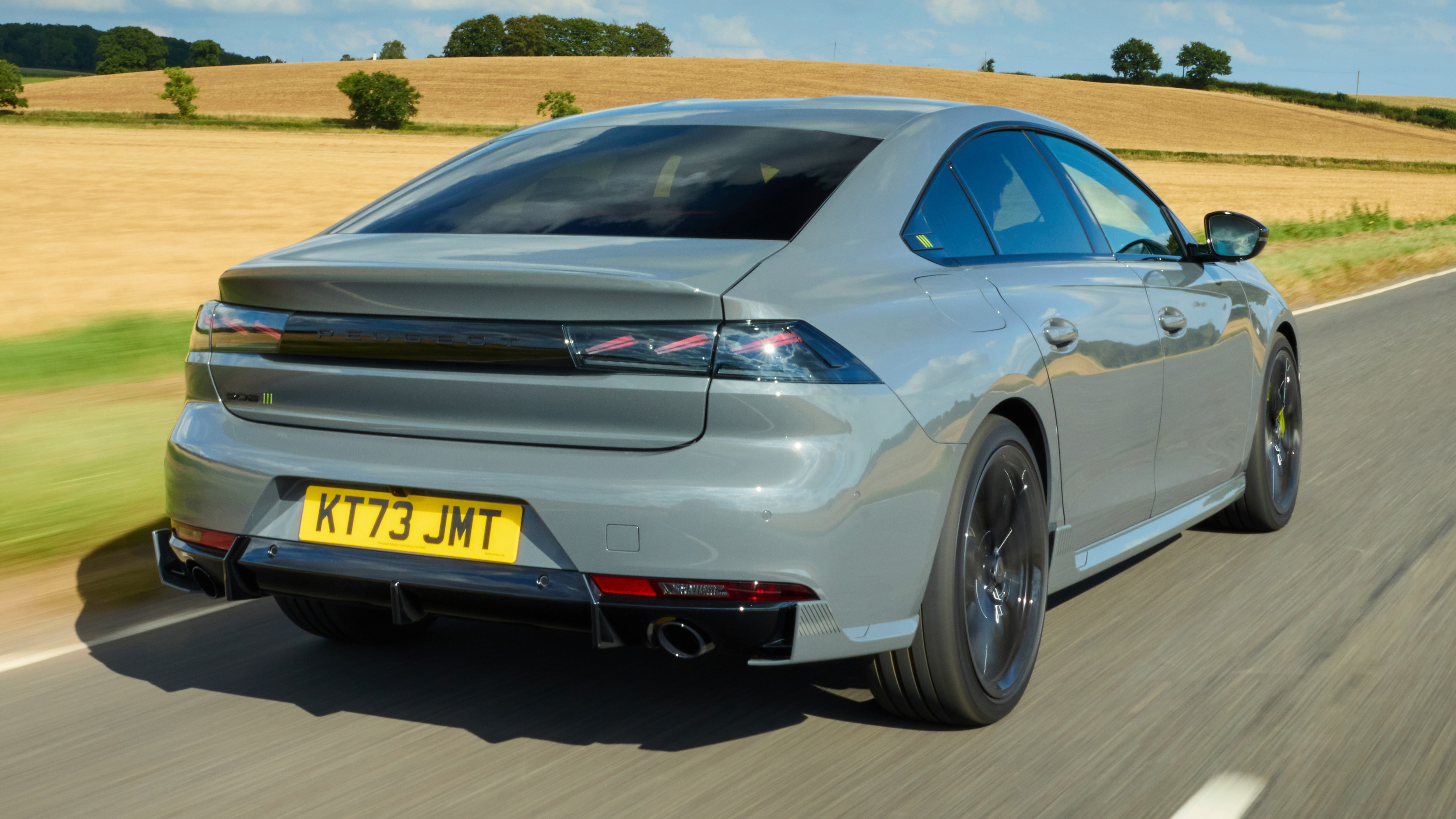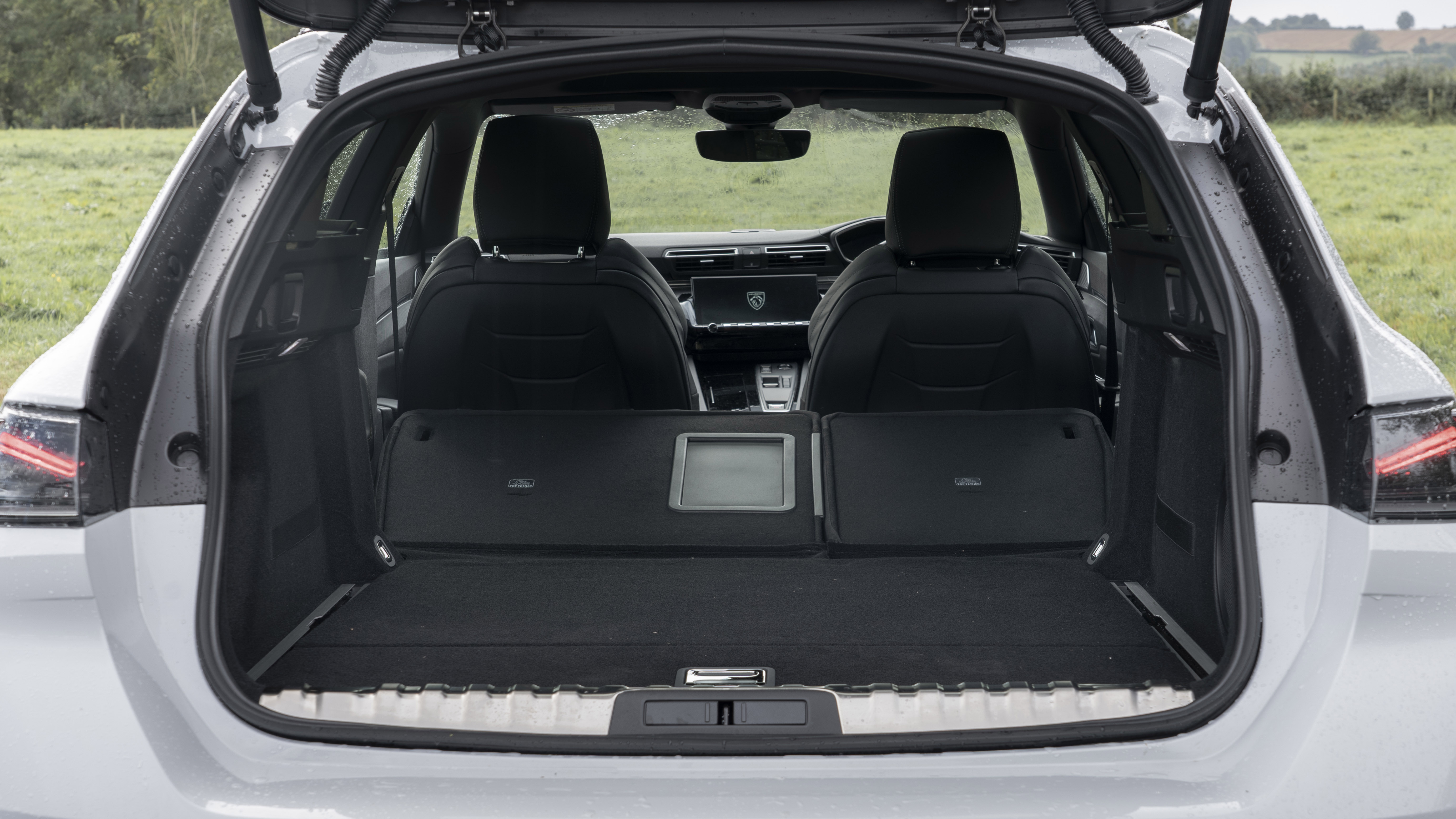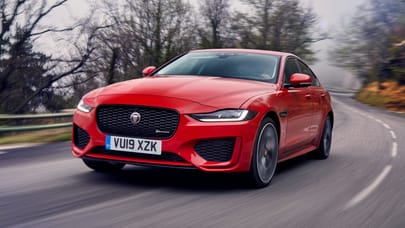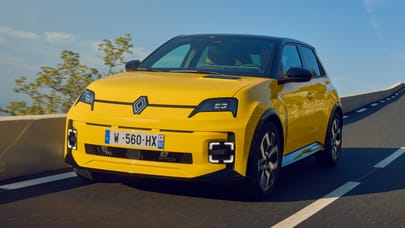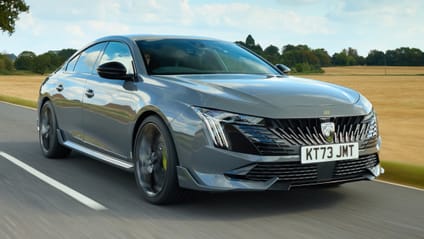
Good stuff
Intriguing looks and tech, quick, easygoing if you flow with it
Bad stuff
Punchy price tag, weird driving position, should be more fun
Overview
What is it?
The 508 Peugeot Sport Engineered – we’ll call it the 508 PSE from now on – has had a facelift. This powerful sporty hybrid hatch/estate was the first Peugeot performance car to launch in several years, to coincide with Peugeot’s return to Le Mans in 2022.
But it's an outlier in Peugeot's hot-car history. Not a hot hatch for a start. But also, Peugeot management keep insisting to us they are too busy electrifying the whole range to think about souped-up versions for several years to come. Boo.
The marketeers cite three key rivals: the Audi S4, BMW M340i and Volkswagen Arteon R, cars which aren’t hybrids, and which Peugeot hopes the PSE will mercilessly take down in fleet sales, where the unrealistically low official CO2 claims of this 508 (41g/km) ensure seriously competitive monthly tax costs for company-car drivers.
What's under the bonnet?
Believe it or not, but this is Peugeot’s most powerful production car ever, and can do the 0-62 sprint in 5.2 seconds, helped by 4WD traction.
A 1.6-litre four-cylinder petrol engine, in similar 200bhp tune to when it appeared in the 208 GTI hot hatch, combines with a pair of electric motors – one for each axle – for a peak of 355bhp. It's all hooked up to an eight-speed automatic gearbox, good for 0-62mph in 5.2 seconds and a 155mph top speed (electronically limited, just like its German foes).
So yes it’s 4WD, but the rear wheels are driven only by a 113bhp motor, not the petrol engine. If there's enough battery charge, it'll run for miles in electric-only mode. In hybrid the engine comes in and out. From a full battery you’re promised 34 miles of emission-free driving in the WLTP test, although we'd be surprised to see more than 25 even in gentle town running.
The power split in engine-on mode is front-biased, with the ratio varying with how hard you drive. Head over to the Driving tab for the full lowdown.
What other modifications are there over the standard 508?
To account for the big power jump, there are numerous tweaks. The suspension sits 4mm lower than a standard 508 as well as being 50 per cent stiffer and allied to three-stage adjustable damping. The tracks are wider (up 24mm at the front, 12mm rear) and you’ve massive 380mm Alcon brakes tucked behind mock-carbon 20in alloys wrapped in serious Michelin tyres. Peugeot’s done a proper job on it.
How to tell one apart from a stock 508? Its more assertive stance and aesthetic. Just look at those little winglets sprouting all along its sills. Then there’s the PSE badging: three acid-green slashes which Peugeot calls ‘kryptonite claws’, and which we’ll call ‘more than a bit reminiscent of a certain energy drink logo’. It’s certainly a looker, attracting plenty of attention in our time with it.
For the facelift, the front end is more differentiated by a black panel stretching right across the nose and grille, where the standard 508s have body-coloured paint.
How does the special suspension and drivetrain feel on the road?
Peugeot's Dakar and Le Mans race engineers had a hand in the suspension (yes really), but even they haven't been able to turn the 508 into a race-car tribute. It's sure-footed in corners and the ride isn't too punishing with the adaptive dampers set for comfort. But is it fun? Nah. This thing weighs 1,866kg all in, and doesn't let you forget it. No wonder it needs such big brakes.
The bigger problem is the powertrain. In urban running it's smooth and quiet, and indeed there's plenty of all-electric power so that if the battery is charged the engine won't need to be woken. It also works well on flowing roads, the motors covering for any turbo lag in the combustion engine, and in medium-speed bends the electric rear torque helpings quell understeer and maintain traction.
The trouble comes in a roundabout or sequence of tight corners when you're coming on and off the throttle suddenly. The whole powertrain gets confused, the transmission shifting too many gears too often, and the engine revs rise and fall like an out-of-control fairground ride. Alongside the suave six-cylinder in the rival BMW, it's frustrating and crude.
How much is it?
Well, it’s comfortably the most expensive car Peugeot’s ever sold new, which means as a private buyer we suspect you’ll have to be quite brave. And especially keen to buck the trend.
Prices start at £53,825 (the SW estate is £55,025) – or around £950 a month on typical private leasing terms. That's comparable with the BMW M340i xDrive. But is the Peugeot that good?
Our choice from the range

What's the verdict?
Peugeot describes the 508 PSE as a ‘halo’ car, which is industry speak for saying it’s more about creating buzz than the profit on the car itself. We don’t expect to see many of these around, but we’ll salute anyone we do see driving one.
A big French car with a price tag this chunky will always be niche, but if you’re brave enough to give it a go you’ll be getting a car that’s attractive to look at, intriguing to behold and very capable on the right roads. Only you can judge if there are too many 'buts' and 'howevers' undermining those positives.
But as a company car, you'll be onto a fiscal winner. Send us a link to the classified ad when your lease finishes. Especially if you've gone for the ice-cool SW.




